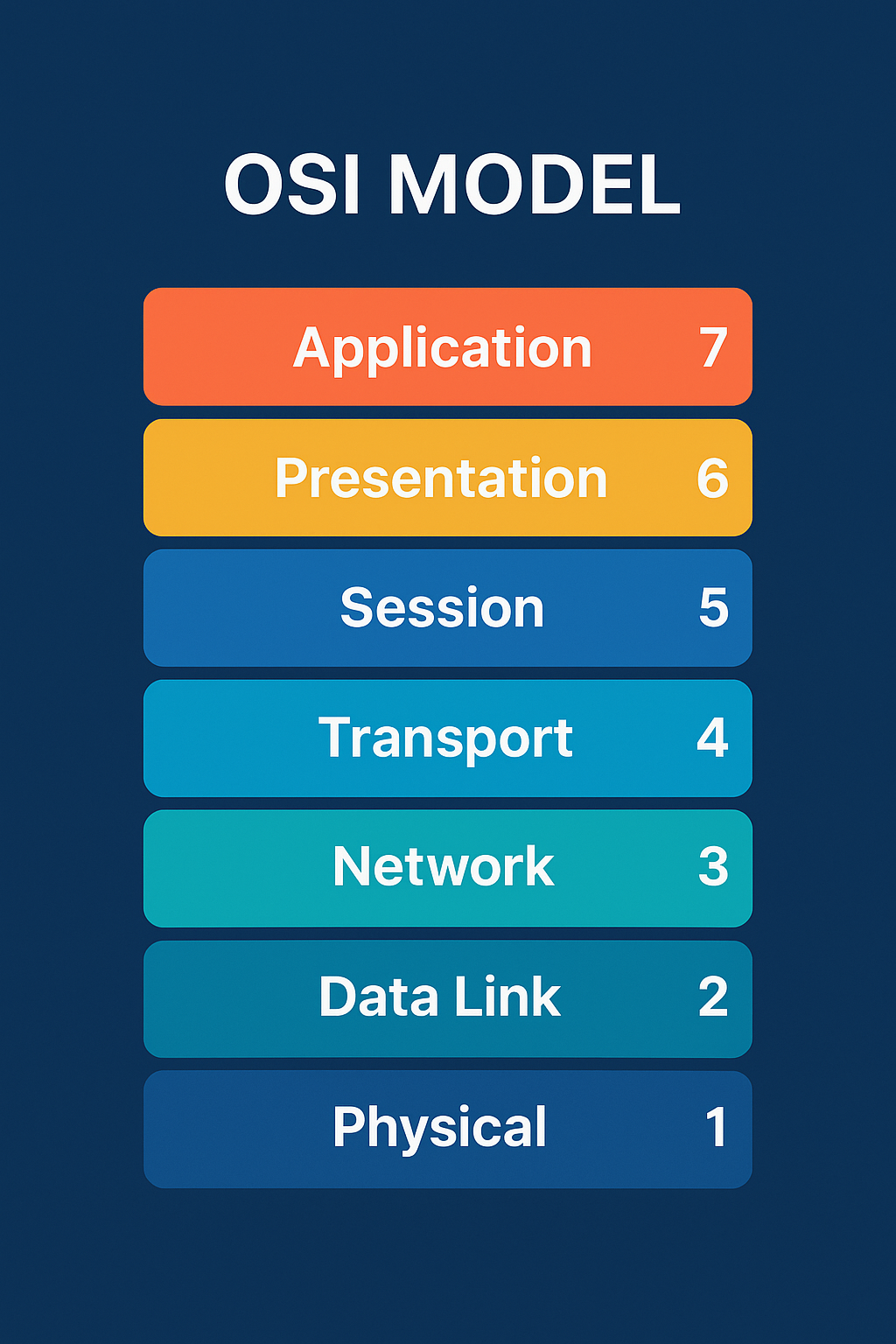What is Consulting? A Complete Guide for Business and Security Leaders
Updated on August 22, 2025, by Xcitium

Organizations face increasingly complex challenges—cybersecurity risks, digital transformation, compliance requirements, and competitive pressures. Many business leaders ask: what is consulting, and how can it help solve these challenges?
Consulting is the practice of bringing in external experts to analyze problems, provide solutions, and improve performance. According to Statista, the global consulting industry generated over $860 billion in 2023, proving its critical role in modern business.
For IT managers and CEOs, consulting provides specialized knowledge, fresh perspectives, and scalable expertise that can be game-changing in today’s fast-moving environment.
What is Consulting?
At its core, consulting is the process of providing expert advice to organizations to help them solve problems, optimize performance, and achieve goals.
Key Elements of Consulting:
- Expertise: Consultants bring knowledge not always available internally.
- Problem-Solving: They identify challenges and design tailored solutions.
- Objectivity: As outsiders, they provide unbiased analysis.
- Implementation Support: Many consulting firms assist with execution, not just strategy.
✅ In simple terms: Consulting is about bridging knowledge gaps and accelerating progress.
Types of Consulting Services
When discussing what is consulting, it’s essential to understand the wide range of services.
1. Management Consulting
- Focuses on improving organizational efficiency and strategy.
- Examples: Business restructuring, market entry strategies.
2. IT Consulting
- Advises on technology adoption, cloud migration, and system integration.
- Helps IT managers optimize infrastructure and reduce costs.
3. Cybersecurity Consulting
- Protects organizations from cyber threats.
- Services include risk assessments, penetration testing, and compliance guidance.
4. Financial Consulting
- Deals with budgeting, investments, and risk management.
5. HR & Talent Consulting
- Enhances workforce performance, recruitment, and training programs.
6. Strategy Consulting
- Guides CEOs in making high-level business decisions.
How Consulting Works
Understanding what is consulting also means learning how consultants operate.
Typical Consulting Process:
- Assessment: Consultant analyzes the current situation.
- Diagnosis: Identifies key problems and opportunities.
- Recommendation: Provides strategies or frameworks.
- Implementation: Assists in executing the plan.
- Follow-Up: Ensures long-term success and sustainability.
Benefits of Consulting for Businesses
Consulting provides tangible value across industries.
1. Expertise on Demand
- Access to specialists without hiring full-time staff.
2. Fresh Perspectives
- Consultants bring an outside-in view free of internal bias.
3. Scalability
- Consulting projects can be scaled up or down based on needs.
4. Risk Mitigation
- Cybersecurity consultants reduce chances of costly breaches.
5. Faster Problem-Solving
- Consultants apply proven methodologies to accelerate results.
Consulting in Cybersecurity: A Critical Need
For IT managers and cybersecurity leaders, consulting is more than an option—it’s a necessity.
How Cybersecurity Consulting Helps:
- Threat Assessment: Identifies vulnerabilities in networks and systems.
- Incident Response Planning: Prepares organizations for attacks.
- Compliance Support: Ensures adherence to GDPR, HIPAA, and PCI-DSS.
- Employee Training: Builds a culture of security awareness.
✅ Example: After a ransomware attack, many companies rely on cybersecurity consultants to recover quickly and strengthen defenses.
Challenges of Consulting
Like any business service, consulting isn’t without hurdles.
- Cost: High-quality consulting services can be expensive.
- Cultural Fit: External consultants must align with company culture.
- Over-Reliance: Businesses may become too dependent on consultants.
- Execution Risks: Recommendations must be implemented effectively to deliver value.
Consulting vs. Advisory Services
While often used interchangeably, consulting and advisory services differ.
| Feature | Consulting | Advisory |
| Focus | Problem-solving and implementation | Guidance and strategic insights |
| Duration | Short to mid-term projects | Long-term relationships |
| Example | Cybersecurity risk assessment | Ongoing compliance advice |
Consulting in Digital Transformation
For CEOs, consulting is vital when navigating digital transformation.
Areas Where Consultants Add Value:
- Cloud adoption strategies.
- AI and automation implementation.
- IT infrastructure modernization.
- Data security frameworks.
Digital consultants help leaders align technology with long-term business goals.
Best Practices for Hiring Consultants
When considering what is consulting and how to apply it, follow these tips:
- Define Objectives Clearly: Know what you want to achieve.
- Check Credentials: Look for relevant experience and case studies.
- Ensure Cultural Fit: Consultants should align with company values.
- Monitor Progress: Set milestones and evaluate outcomes regularly.
- Prioritize Knowledge Transfer: Ensure consultants train internal teams.
Future of Consulting
The consulting industry is evolving rapidly.
Key Trends:
- AI-Driven Consulting: Automated insights for faster decision-making.
- Remote Consulting Models: Increased reliance on digital collaboration.
- Cybersecurity Growth: Rising demand for data security consulting.
- Outcome-Based Pricing: Clients pay for results, not hours.
For IT managers and CEOs, staying ahead of these trends ensures better ROI from consulting investments.
Industry Use Cases
- Finance: Risk management and compliance consulting.
- Healthcare: Telehealth integration and HIPAA compliance.
- Retail: E-commerce strategy consulting.
- Technology: Cloud and cybersecurity consulting.
Each industry benefits differently, but the principle is the same: consulting accelerates success.
FAQ: What is Consulting?
Q1: What is consulting in simple terms?
Consulting is when experts provide advice and solutions to help organizations solve problems and achieve goals.
Q2: Is consulting only for large businesses?
No. Small and medium-sized businesses also hire consultants for IT, cybersecurity, and strategy.
Q3: What does a consultant actually do day-to-day?
They analyze problems, meet with stakeholders, create strategies, and help implement solutions.
Q4: How is IT consulting different from management consulting?
IT consulting focuses on technology, while management consulting focuses on organizational strategy and operations.
Q5: Why hire a consultant instead of training staff?
Consultants bring specialized expertise and immediate results without the time and cost of in-house training.
Conclusion: Consulting as a Strategic Advantage
So, what is consulting? It’s the process of bringing in outside expertise to solve problems, improve performance, and secure long-term growth.
For IT managers, consulting helps optimize technology and cybersecurity frameworks. For CEOs, it provides strategic insights, efficiency, and competitive advantage. And for cybersecurity leaders, consulting offers specialized defense strategies against growing threats.
In today’s digital-first economy, consulting isn’t just useful—it’s essential.
👉 Want to strengthen your organization with expert cybersecurity consulting? Request a demo with Xcitium today.
















